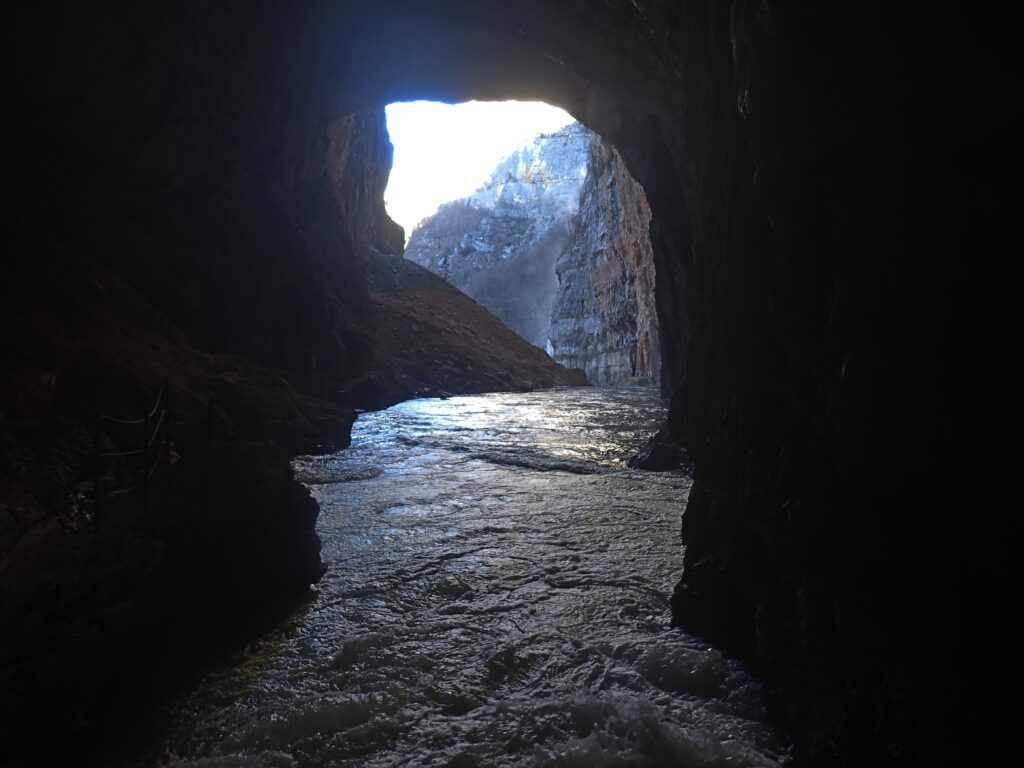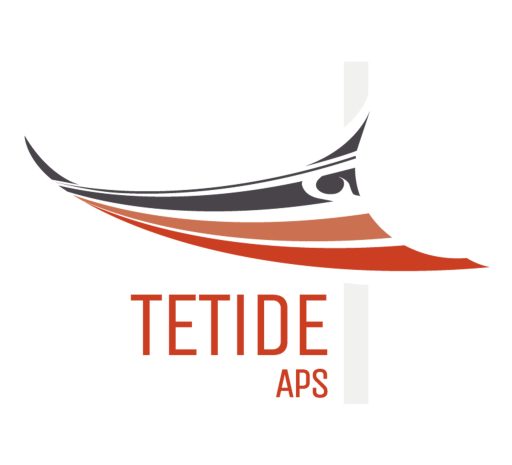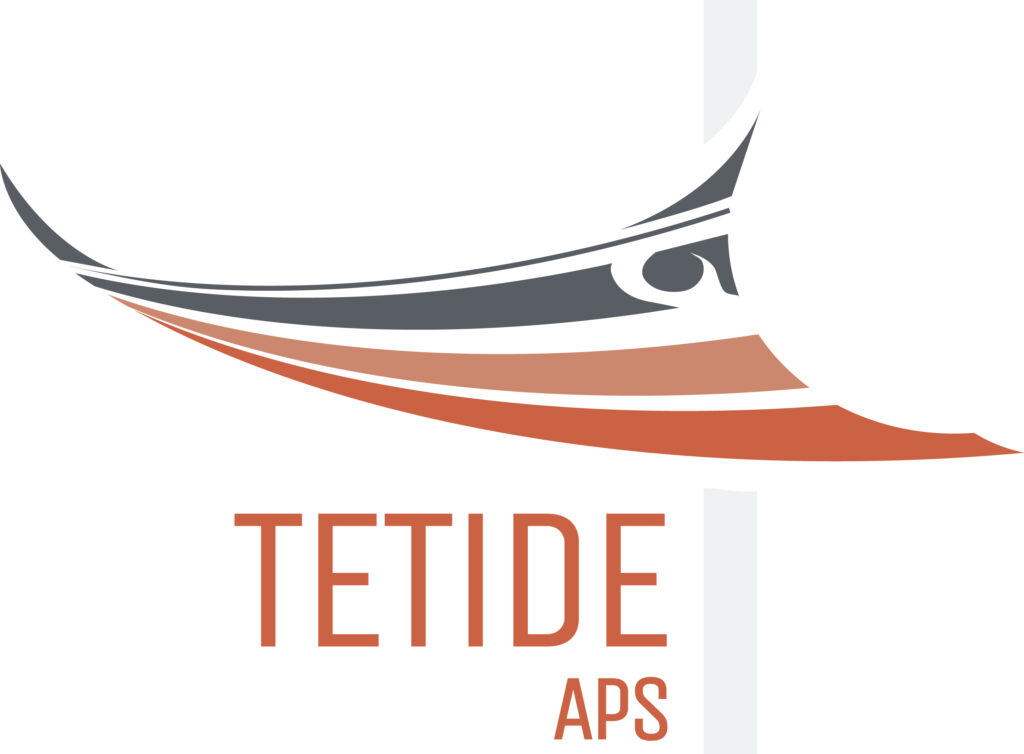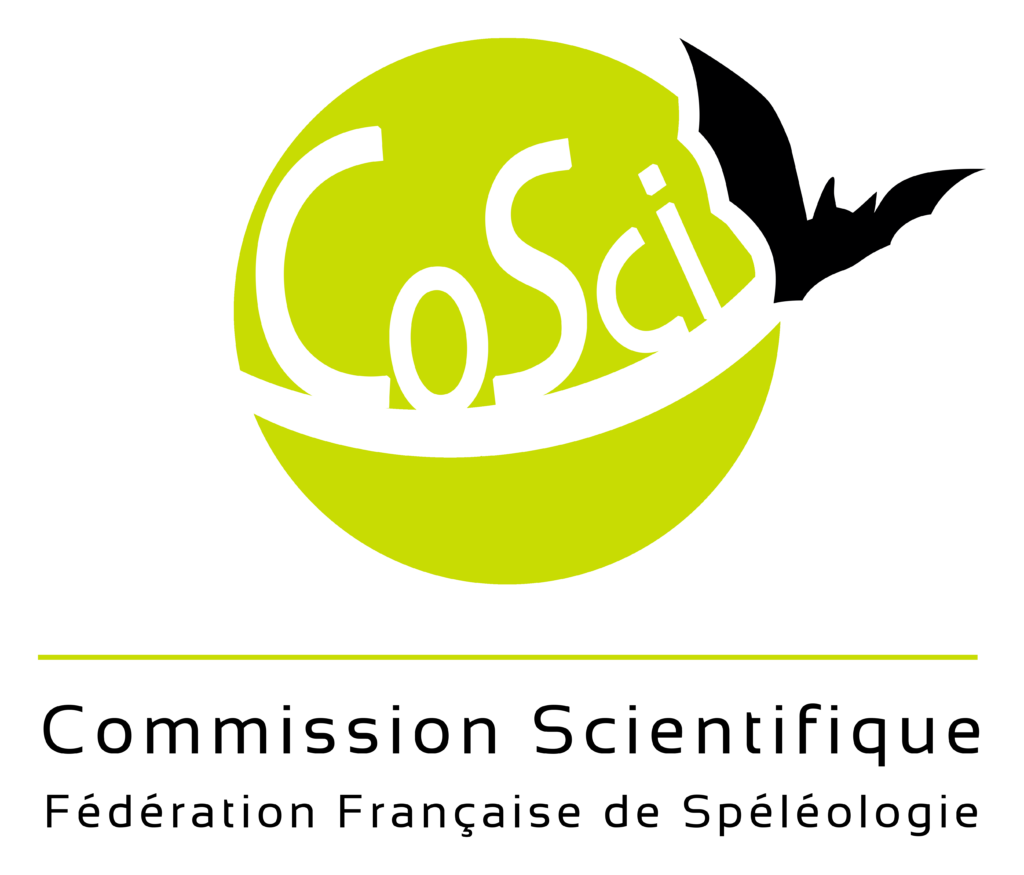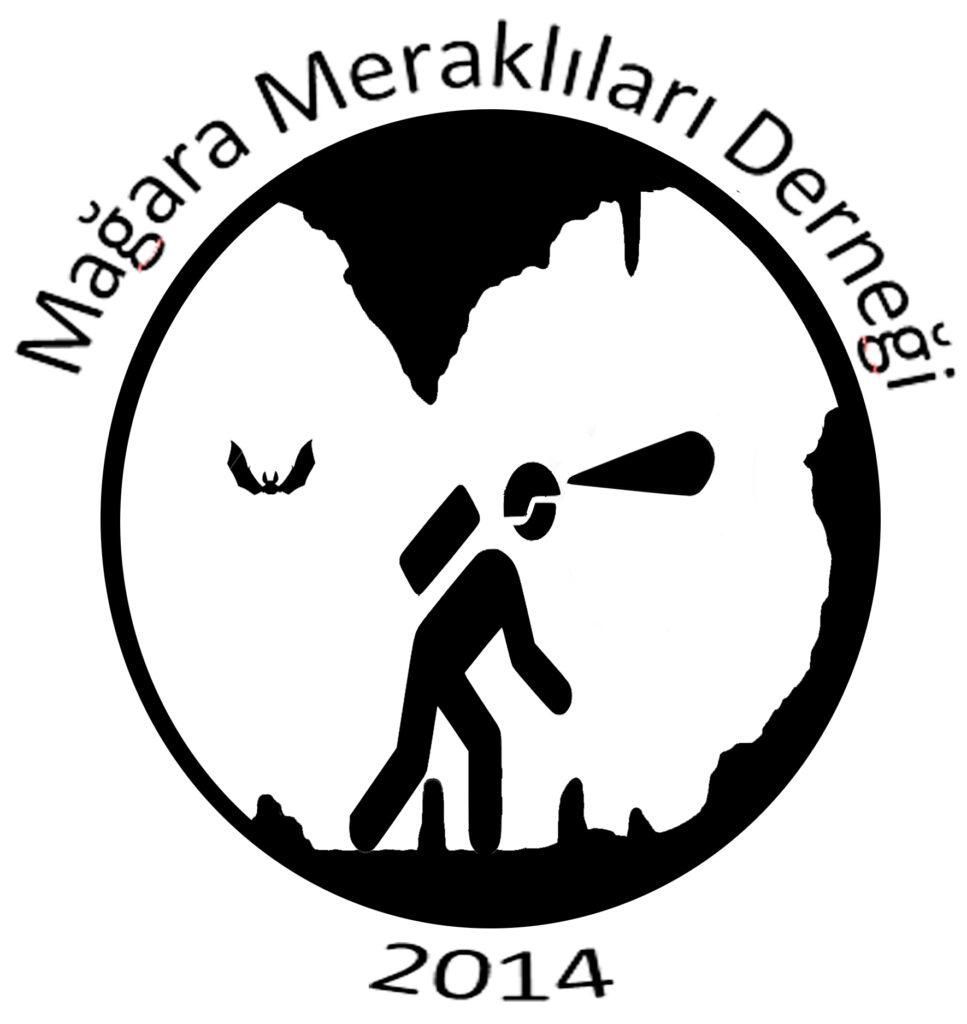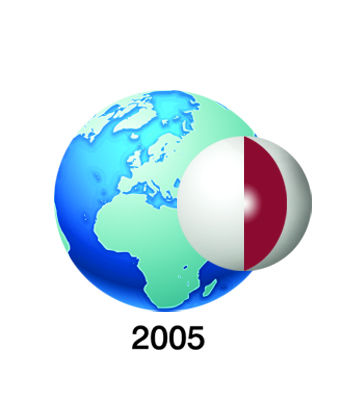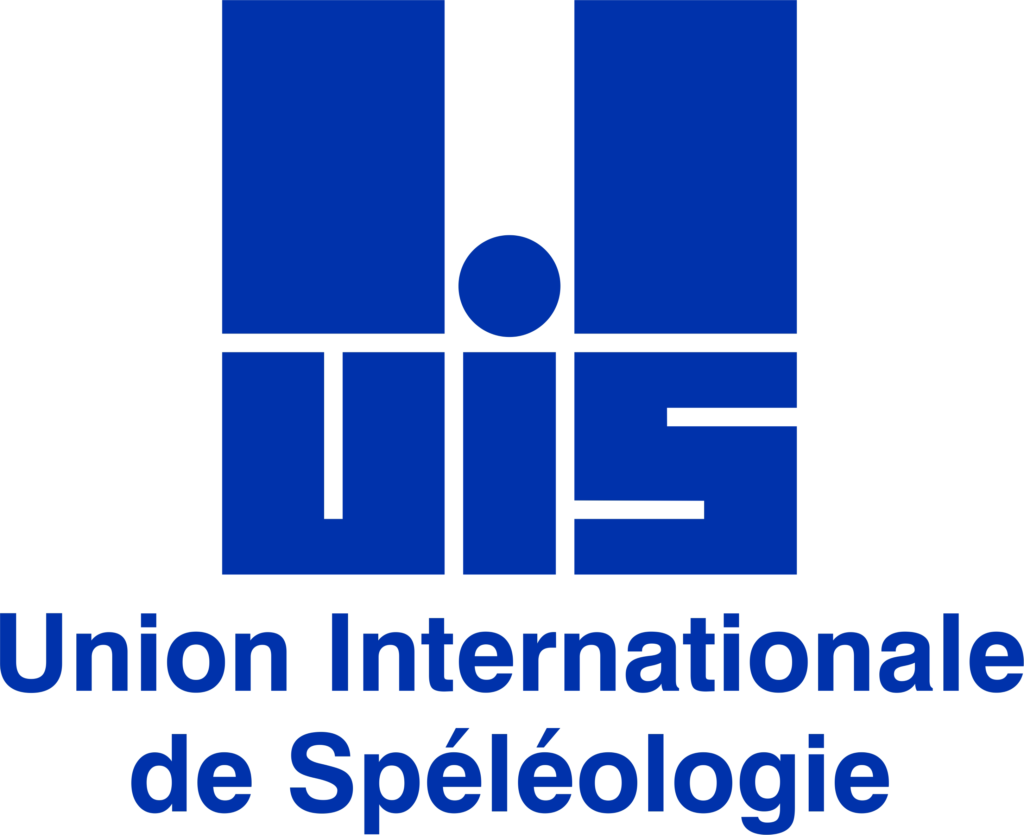
Monitoring Microplastics in Mediterranean Karst freshwater
Tetide APS (Italy) – Association of Cave Enhusiasts (Cyprus) – French Federation of Speleology Commission Scientifique (France)
With financial support of International Union of Speleology: UIS
Partners
Partnership Italy: Laboratorio Biodiversità e Servizi Ecosistemici ENEA C.R. CASACCIA SSPT-PROTER-BES – Dipartimento di Scienze e Tecnologie, Università del Sannio
Partnership Cyprus: Near East University Environmental Research Center – Life and Health Sciences, University of Nicosia
The problematic:
Monitoring microplastics in Mediterranean karst freshwater springs is an important project that can help us better understand the extent of plastic pollution in these critical ecosystems. Microplastics are small plastic particles that can be harmful to aquatic life and can also find their way into our food chain.
Microplastics (MPs) (plastics < 5 mm) are a heterogeneous group of solid polymers containing particles that originate from primary production or from the degradation of larger plastic materials (secondary production). Microplastic particles are a global problem. A growing volume of microplastics is found in the environment, including the sea, and in food and drinking water also coming from karst aquifers.
Once in the environment, microplastics do not biodegrade and tend to accumulate – unless they are specifically designed to biodegrade in the open environment. There are increasing concerns about the presence of microplastics in different environment compartments (such as underground water), their impact on the environment and potentially human health. However, microplastic pollution in caves and karst aquifers is still poorly studied and the main aim of our project is creating specific sample methods and equipment for research in cave and karst springs, to share with the international speleological community.
The rapidly increasing levels of plastic pollution represent a serious global environmental issue that negatively impacts the environmental, social, economic and health dimensions of sustainable development. Under a business-as-usual scenario and in the absence of necessary interventions, the amount of plastic waste entering aquatic ecosystems could nearly triple from some 9–14 million tons per year in 2016 to a projected 23–37 million tons per year by 2040.
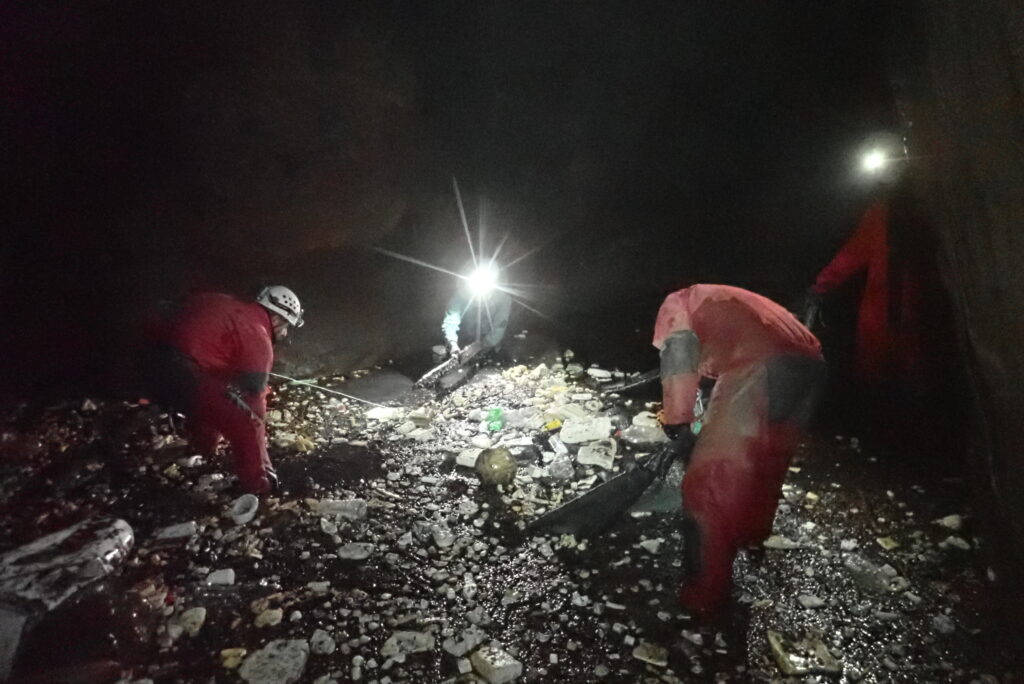
The UN has launched an Intergovernmental negotiating committee (INC) to develop an international legally binding instrument on plastic pollution, including in the marine environment. In February 2022, at the resumed fifth session of the United Nations Environment Assembly (UNEA-5.2), a historic resolution (5/14) was adopted to develop an international legally binding instrument on plastic pollution, including in the marine environment with the ambition to complete the negotiations by end of 2024. It is important also to underline that the European Commission requested the European Chemicals Agency (ECHA) to prepare a restriction dossier concerning the use of intentionally added microplastics to consumer or professional use products. Also, in the European Green Deal and new circular economy action plan, the European Commission announced a new initiative to address the unintentional release of microplastics in the environment and to further develop and harmonize methods for measuring unintentionally released microplastics and delivering harmonized data on microplastics concentrations in the environment, drinking water and food.
For this reason, we believe that cavers and karst hydrogeologists should be prepared in understand better this problematic and contribute to the monitoring of MPs in caves and karst waters.
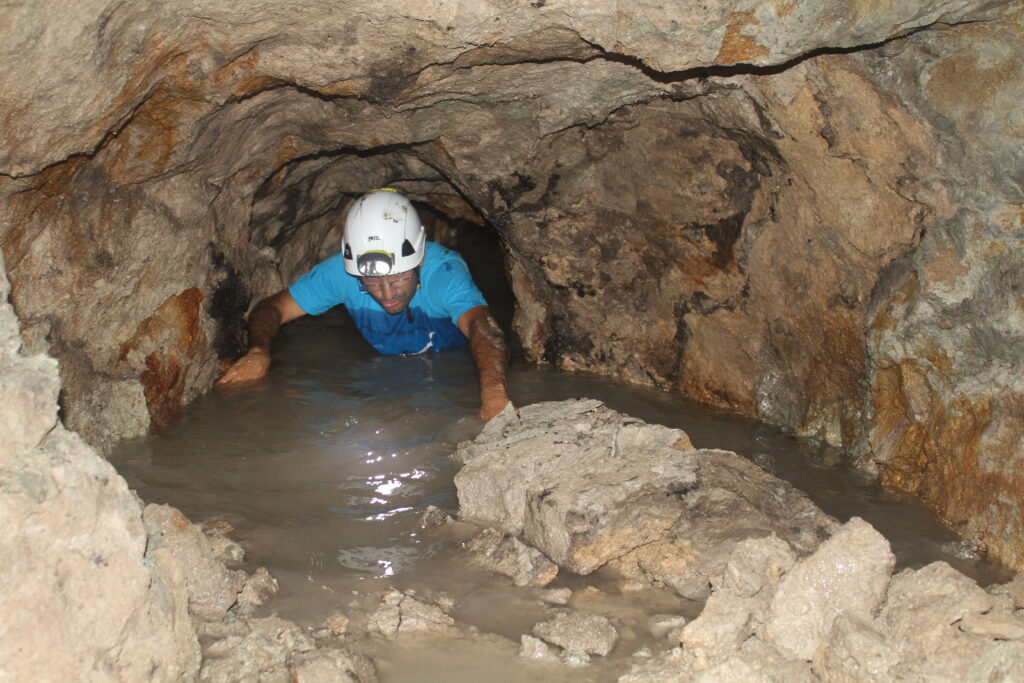
Objectives:
The project has the main objective to produce and share practical knowledge on the microplastic monitoring in karst and caves and includes 2 phases:
- Phase 1: A series of seminars and field exercises aimed at training speleologists who can sample microplastics.
- Phase 2 Sampling of some resurgences in Italy, France and in the island of Cyprus.
The ultimate objective is for the project to serve as a pilot initiative with the potential for expansion throughout the entire Mediterranean region. This expansion would go beyond engaging speleological associations to enhance the protection of karst waters and caves. It would also involve providing technical support to speleologists and hydrogeologists who are interested in studying and addressing the issue of microplastic pollution in these environments.
The plastic waste arriving in the cave pollutes the delicate underground habitat, but we don’t know much microplastic are generated in caves by water flow and enter already with water flooding.
The project aims to research with the help of cavers the presence of microplastics in karst aquifers, which in some cases are sources of supply for aqueducts for civil use and establish an international monitoring network.
If you are interested in sponsoring and participate to this project please contact us: info@tetide.org
